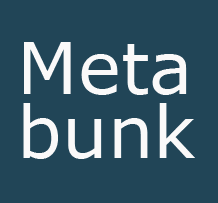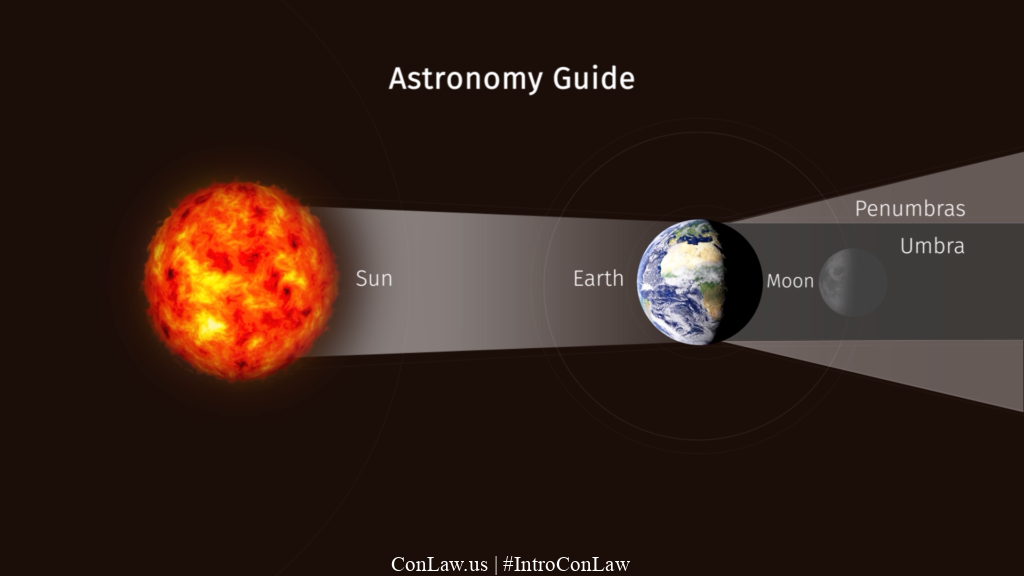PROTECT YOUR DNA WITH QUANTUM TECHNOLOGY
Orgo-Life the new way to the future Advertising by AdpathwayElection or Selection: Part III
Election or Selection: Part I | Election or Selection: Part II | Election or Selection: Part III
As bad as things are with centralized, mechanized elections and dirty voter rolls, there is an even greater problem with the legal foundation of our election protections. While there are several laws against minor election fraud, backed with civil and criminal penalties, they only apply to what I call retail fraud. Someone submits one or two fraudulent ballots, they get caught, and they are prosecuted. The legal system is satisfied because they have a clear crime, clear laws and penalties, and an identified perpetrator that can be punished.
Submit one fraudulent ballot, there is a clear crime and it is unlikely to affect the outcome of an election. Submit ten thousand or a million fraudulent ballots, though, and you are home free. There are almost no laws against such fraud, there are no clear punishments defined, legal remedies are essentially nonexistent, and perpetrators are unlikely to be found and punished, especially if they are outside the country. The few laws that exist often have no penalty and no remedy associated with them. They merely declare certain actions illegal. How do you make a victim whole when the victim is an entire state or nation?
Election results will stand, even if it is recognized that the results only reflect the will of the fraud perpetrators and not of the electorate. I call this wholesale fraud, where the level of fraud is sufficient to determine the results of the election, but laws addressing such fraud generally don't exist and legal remedies are lacking.
No wonder most judges do not want to accept election challenges. What law was broken? Who are the perpetrators? How can they be punished, much less identified? What if the fraud is committed by a state actor? Can a judge declare war? Can a judge require that an election be done over? Can a judge pick a different winner? How do you even correct an election if there is no way to match a ballot with a voter so that fraudulent ballots can be identified and removed?
The global reach of the internet, the near universal use of electronic systems to store voter information, to process election data, to compile results, and the lack of a clear legal framework to address wholesale election fraud all combine to ensure that our elections are unsafe, unreliable, open to manipulation, and are divisive sources of conflict and controversy. How can we trust any results if there is clear evidence those results were manipulated but no way to address the harm?
The situation is not hopeless, but the remedies are urgent and vital to the existence of our Republic. We have sacrificed integrity on the altar of convenience. By making it easier to vote, we have also made it easier to cheat. In protecting the identity of voters, we have also protected the identity of those who would commit fraud.
As a first step, Congress must repeal the National Voter Registration Act of 1993, and the Help America Vote Act of 2002. These mandate electronic voter rolls, motor voter registrations, and a myriad of other well-intentioned things that have done little good, but have enabled wholesale fraud.
Paper ballots are good, but only if they are never scanned to create images, and are counted locally at each precinct as they once were. Elections must return to one day, in person, with photo ID, with strictly managed exceptions for people who absolutely cannot be present in person. Ballots must be uniquely marked so that they cannot be manufactured in quantity. Markings must only be known to the voter to preserve voter confidentiality, but the marks must be unique in an election to prevent ballot duplication..
There must be clear remedies defined to address any magnitude of fraud, up to and including full audits, and even election repeats with more stringent controls. Every voter in an election where there is evidence of significant fraud should have standing to bring forth a challenge in court.
Protections against frivolous challenges must be constructed while still enabling legitimate challenges. All election records, including paper ballots, logfiles, voter registrations, and other records must be available for public inspection as soon as possible after an election.
We have a national election coming next year. If we don't fix our systems before then, the consequences are likely to be severe. The evidence of wholesale election fraud in the last few elections, especially the 2020 election, has prompted a growing anger and distrust of our elections and of the institutions that are supposed to protect us. If the outcome of the 2026 elections go against popular expectations as they did in 2020, we may see a popular revolt against what will be seen as a rigged system.
In any case, the first and easiest thing to do is to restore our election systems to what they were a decade ago—single day, in person, with photo ID, printed paper registers for voters to sign, and paper ballots counted at the precinct level with citizen observers. Tabulators can be used, but they must be "dumb" tabulators that do not create ballot images and that print paper results that can be checked against ballot samples. There must be no electronic poll pads or other aids in use.
Under that system, no ballot images will be created or used, so that entire category of support for manipulation will be eliminated. Ghosts and fictional voters will be unlikely to turn up to vote, so most of the problems with voter roll databases will be eliminated. People who have moved away will also be unlikely to vote in person.
People will still attempt to alter the outcome of an election, but we must make such alteration as difficult as possible. Our republic and our citizens deserve no less.
View Comments
David Robb——Bio and Archives
David Robb is a practicing scientist and CTO of a small firm developing new security technologies for detection of drugs and other contraband. Dave has published extensively in TheBlueStateConservative, and occasionally in American Thinker.



















.jpg)






 English (US) ·
English (US) ·  French (CA) ·
French (CA) ·